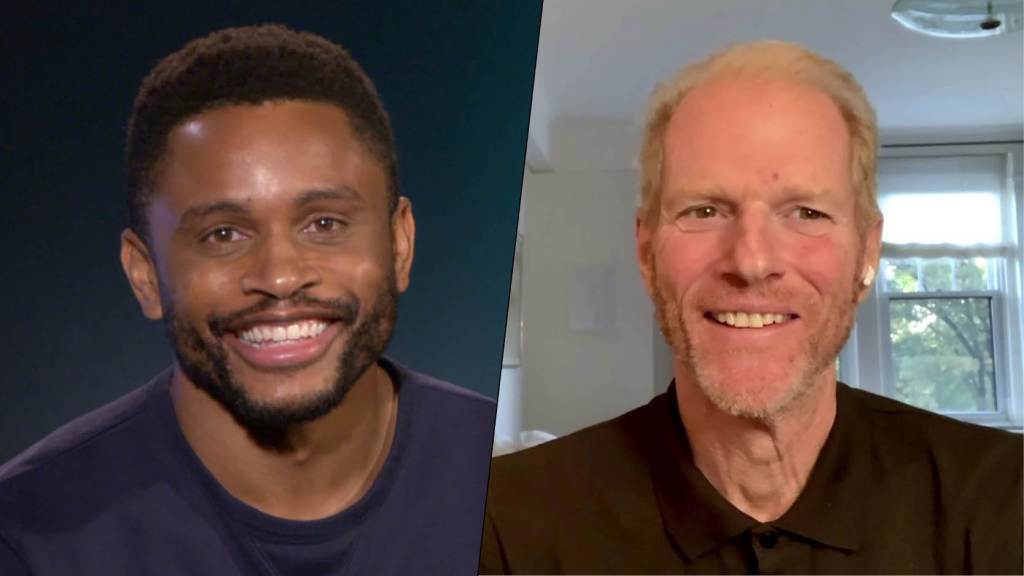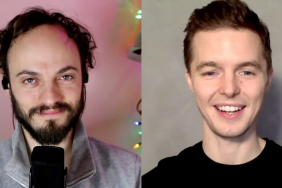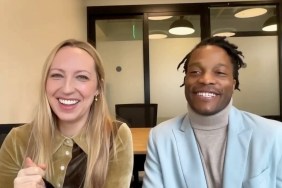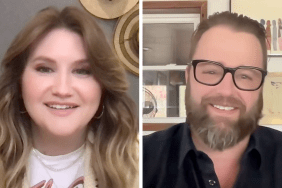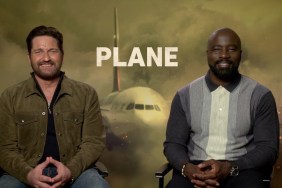ComingSoon Editor-in-Chief Tyler Treese spoke with The Good Nurse stars Nnamdi Asomugha and Noah Emmerich, who both star in the true crime drama, about its disturbing true story. The film is in select theaters now and will release for streaming through Netflix on October 26.
“Nurse Amy Loughren is shocked when Charlie Cullen, one of her colleagues, is found responsible for the murder of dozens of…
